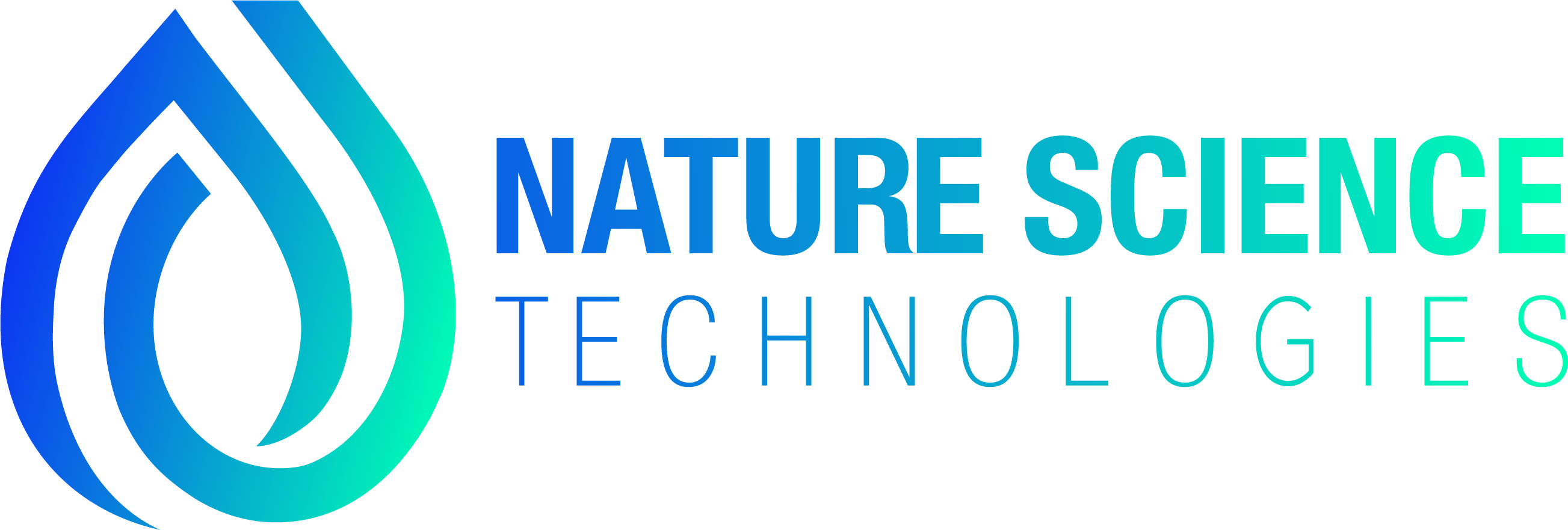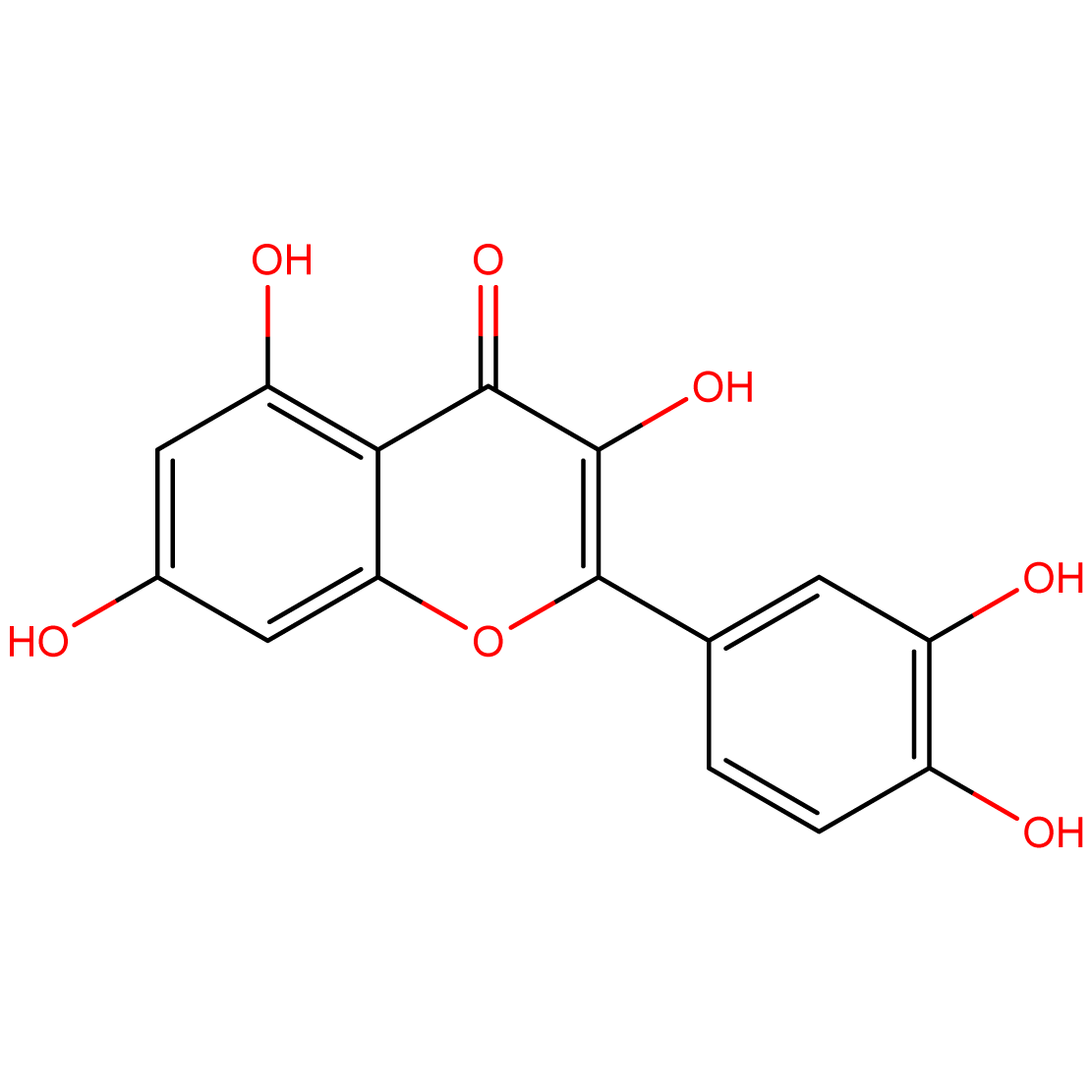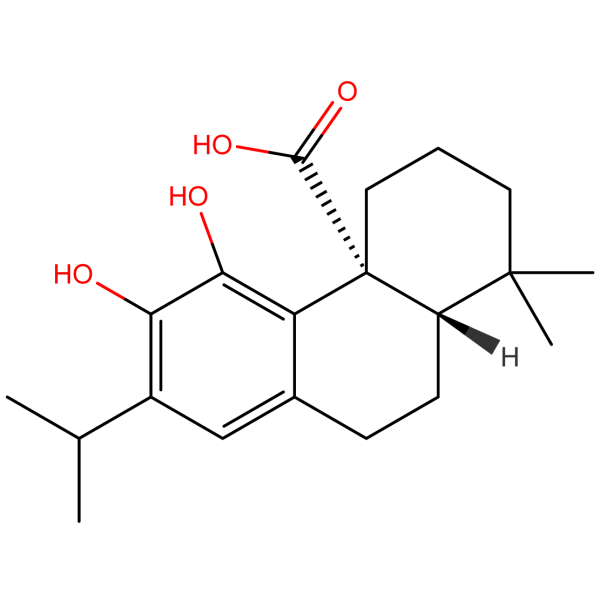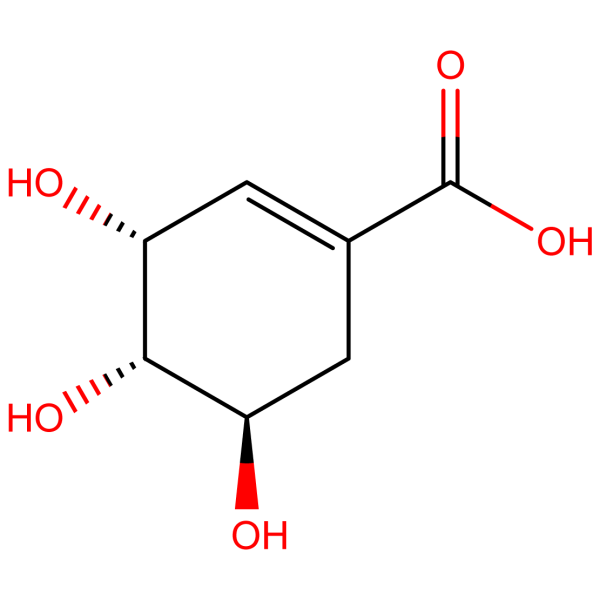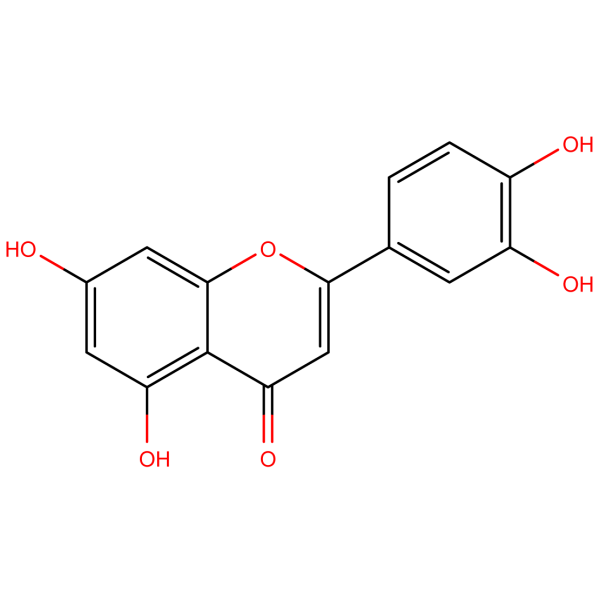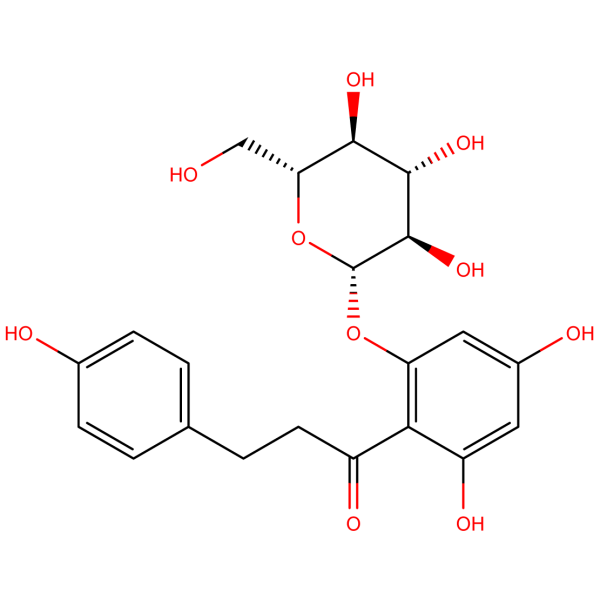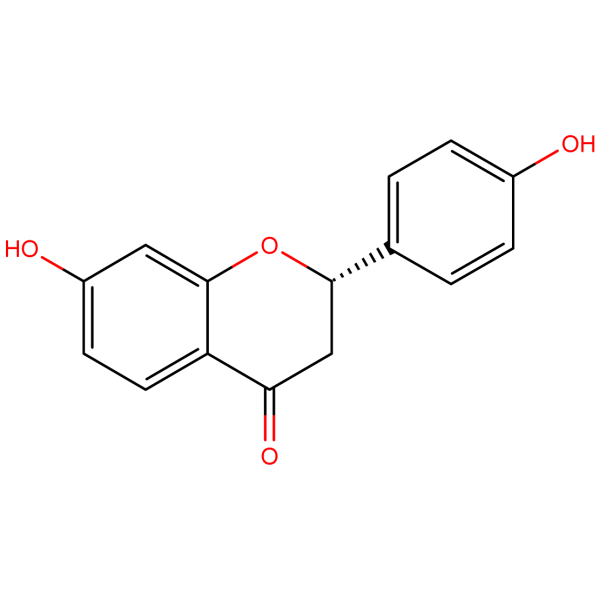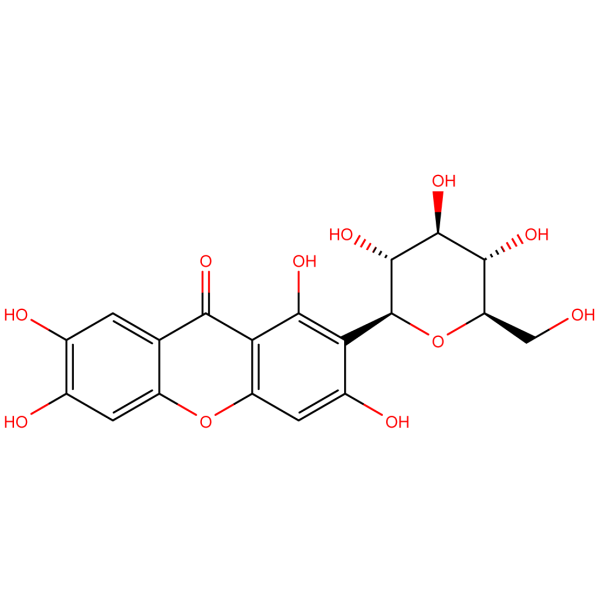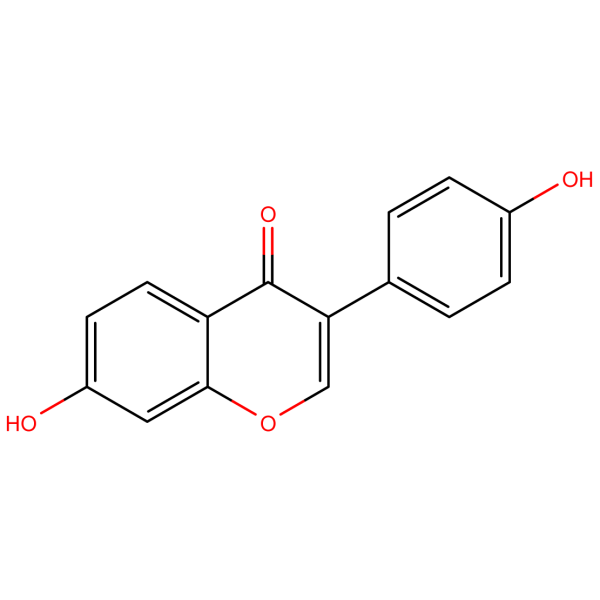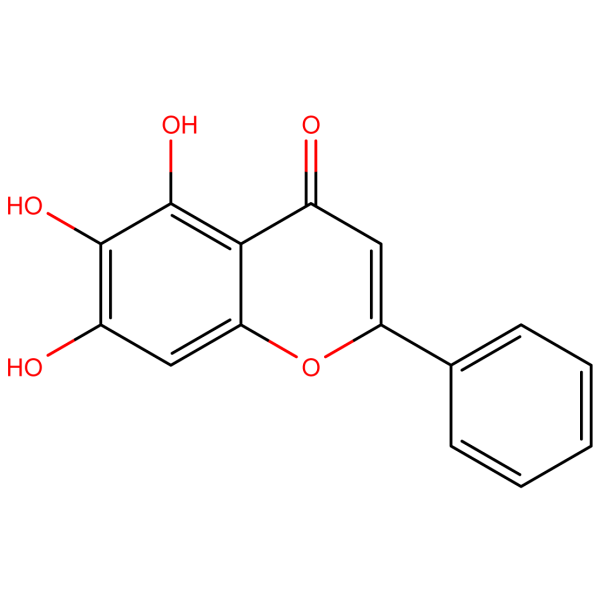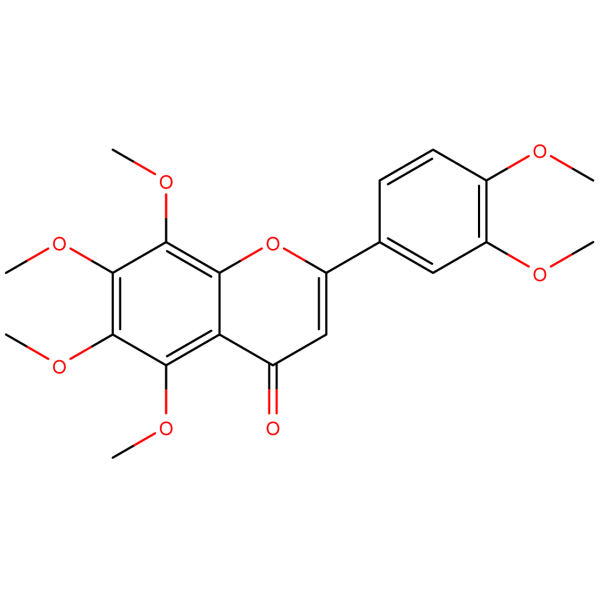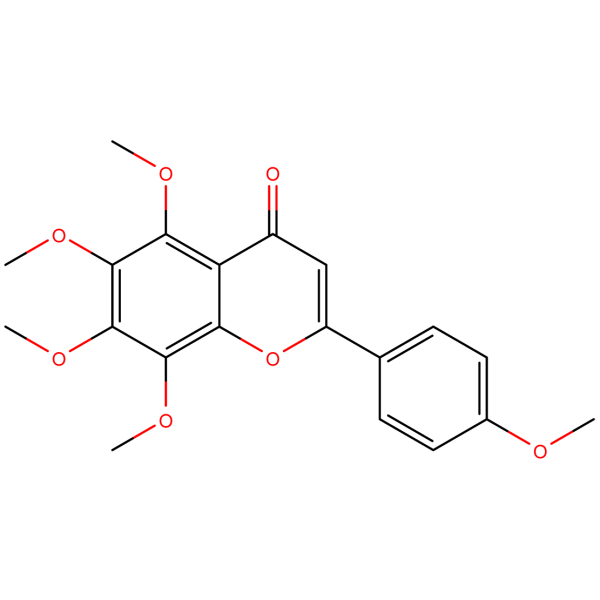Quercetin: Potent Flavonoid for Advanced Biomedical Research
1. Molecular Identity
- Chemical Name: 2-(3,4-Dihydroxyphenyl)-3,5,7-trihydroxy-4H-chromen-4-one
- CAS Number: 117-39-5
- Source: Widely distributed in fruits, vegetables, and medicinal plants
2. Biochemical Significance
Quercetin is a flavonoid with diverse biological activities. Its unique molecular structure contributes to its potent antioxidant, anti-inflammatory, and potential therapeutic properties, making it a compound of significant interest in nutritional and pharmaceutical research.
3. Key Properties of Quercetin
- Antioxidant: Exhibits strong free radical scavenging activity
- Anti-inflammatory: Demonstrates ability to modulate inflammatory responses
- Immunomodulatory: Influences immune system function
- Cardiovascular Support: Shows potential in supporting heart health
4. Potential Research Applications
- Cardiovascular disease studies
- Cancer research and chemoprevention
- Neurodegenerative disorder investigations
- Allergy and asthma research
5. Current Research Focus
Ongoing studies are investigating quercetin’s effects on:
- Oxidative stress-related disorders
- Inflammatory signaling pathways
- Cancer cell proliferation and apoptosis
- Viral infections and immune response
6. Formulation Challenges and Innovations
Researchers are actively working on:
- Enhancing bioavailability through novel delivery systems
- Developing stable formulations for various applications
- Creating synergistic combinations with other bioactive compounds
7. Regulatory Considerations
Quercetin (CAS 117-39-5) is Generally Recognized as Safe (GRAS) by the FDA. Its use in dietary supplements is widespread, but specific health claims may require additional regulatory approval depending on the jurisdiction.
8. Future Research Directions
The scientific community anticipates:
- Advanced clinical trials for specific health indications
- Exploration of quercetin’s potential in combination therapies
- Investigation of structure-activity relationships for optimized derivatives
9. Collaborative Opportunities
We invite nutritionists, pharmacologists, oncologists, and academic institutions to explore the research potential of quercetin. For inquiries, collaborations, or to discuss how this compound can benefit your research projects, please contact us at sales@nstchemicals.com.
Join us in advancing biomedical research with quercetin – a versatile flavonoid at the forefront of natural product-based therapeutic strategies.
